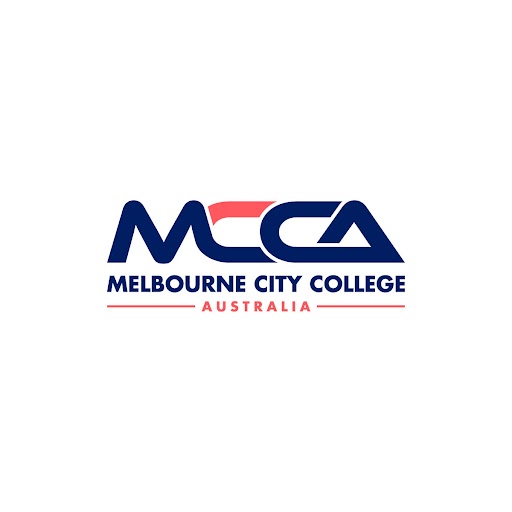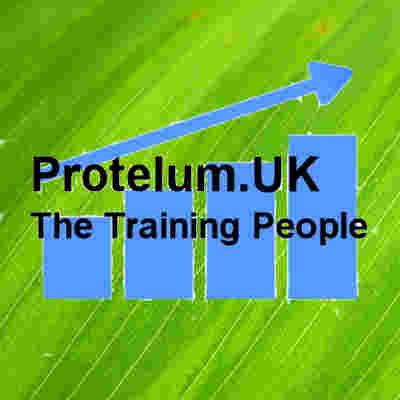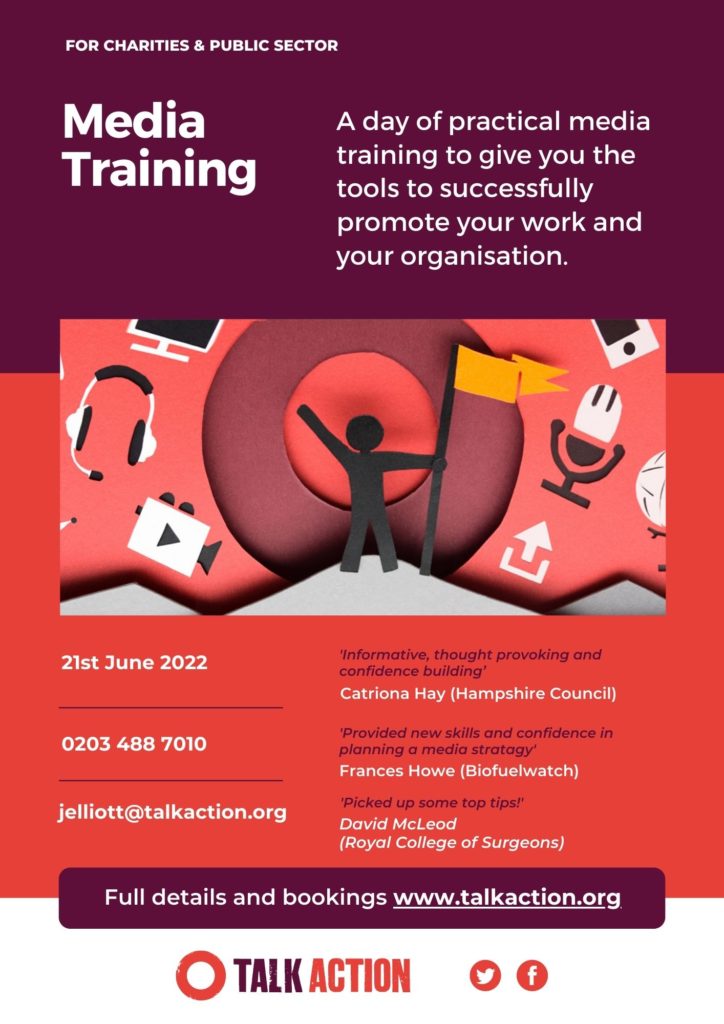The Community, Mental Health and Psychiatry – Level 4 Course is designed for anyone with an interest in Mental Health, particularly those who wish to become counsellors, therapists, social workers or find employment in other similar roles.
The course covers the main conditions many people currently receiving counselling/psychiatric treatment are diagnosed with, including their causes, symptoms, the diagnostic criteria used by health professionals and the treatment approaches designed for these conditions.
The home study Health Care courses also provide students with an understanding of the Mental Health system, the wide range of roles within it and important legislation in place relating to Mental Health, such as the Mental Capacity Act. Such legislation is clearly explained in easily understandable terms. Students are further provided with guidelines on the standards they should aim to achieve when working with clients, in particular ensuring that they understand the importance of listening to their clients and validating their feelings. The course encourages students to form their own opinions using factual evidence to support their answers.
On successful completion of the course, students will receive an accredited Level 4 Certificate of Achievement.
The Home Study Courses Include the Following Units:
Unit 1 – Mental Health Workers
The following topics are covered: The following topics are covered: What is a Mental Health Worker? Different Roles in Mental Health; Care Co-ordinator (Key Worker/Case Manager); Community Psychiatric Nurse (CPN); General Practitioner (GP); Psychologist; Psychiatrist; Social Worker; Mental Health Advocacy; Independent Professional Advocacy; Peer or Collective Advocacy; Citizen Advocacy; The Mental Health Act; The Mental Health Act 2007; Who is the Nearest Relative? What the Nearest Relative can do; and Who is an Approved Mental Health Professional?
Unit 2 – Mental Health and Related Acts
The following topics are covered: Sections of the Mental Health Act, How long does it last? What is the reason? Who can issue a Section 2? Medical say so, Discharge procedure, How long does it last? What is the reason? Who can issue a Section 3? Medical say so, Discharge procedure, Section 4, How long does it last? What is the reason? Who can issue a Section 4? Medical say so, Section 5, Section 5 (2), How long? Who can issue a Section 5 (2)? Section 5 (4), How long? Who can issue a Section 5 (4)? Section 37, How long does it last? What is the reason? Medical say so, Discharge procedure, Section 41, How long does it last? Medical say so, Discharge procedure, Section 117, How long does it last? What is the reason? Who is responsible for providing the services under a section 117? Section 36, How long does it last? Who can issue a Section 36? What is the reason? Mental Health Terminology, The Mental Health System, Community Mental Health Team, Outreach Team, The Child and Adolescent Mental Health Services (CAMHS), Day Centres, Inpatients The Human Rights Act, The Mental Capacity Act, Outpatient Services, Community Outreach Services, Classifications.
Unit 3 – Depression
The following topics are covered: Depression: Explanation, Major (Clinical) Depression, Atypical Depression, Unspecified Depression, Postnatal Depression, Seasonal Affective Disorder (SAD), Depression: Symptoms, Psychological Symptoms, Physical Symptoms, Social Symptoms, Depression: Diagnosis, Major Depressive Episode, Manic Episode, Mixed Episode, Hypomanic Episode, Furthermore, Major Depressive Disorder, Dysthymic Disorder, Bipolar I Disorder, Bipolar II Disorder, Cyclothymic Disorder, Depression: Who is Affected? Depression in Women, Depression in Men, Depression in Children, Depression in the Elderly, Depression: Causes, Genetic Factors, Trauma and Stress-Related Factors, Physical Factors, Additional Factors.
Unit 4 – Eating Disorders
The following topics are covered: Eating Disorders: Explanation, What are Eating Disorders? Types of Eating Disorders, Anorexia Nervosa, Bulimia, Binge Eating Disorder, Eating Disorders: Symptoms, Anorexia, Bulimia Nervosa, Binge Eating Disorder, Eating Disorders: Diagnosis, Anorexia, Restricting Type, Binge Eating Type or Purging Type, Bulimia, Binge Eating Disorder, Eating Disorder Not Otherwise Specified, Eating Disorders: Complications, Eating Disorders: Who is Affected? Eating Disorders: Causes, Psychological, Biological, Social, Eating Disorders: Prevention.
Unit 5 – Personality Disorders
The following topics are covered: Personality Disorders: Explanation, What are Personality Disorders? Paranoid Personality Disorder, Treatment Options, Medication, Schizoid Personality Disorder, Treatment Options, Medication, Schizotypal Personality Disorder, Treatment Options, Medication, Antisocial Personality Disorder, Treatment, Options, Hospitalisation, Medications, Borderline Personality Disorder, Treatment Options, Hospitalisation, Medication, Histrionic Personality Disorder, Treatment Options, Medications, Narcissistic Personality Disorder, Treatment Options, Psychosocial Treatment, Group Therapy, Avoidant Personality Disorder, Treatment Options, Medications, Dependent Personality Disorder, Treatment Options, Medications, Obsessive Compulsive Personality Disorder, Treatment Options, Hospitalisation, Medications, Personality Disorders: Common Misconceptions and Generalisations, Manipulative, Attention Seeking, Demanding, Obstructive, Personality Disorders: Causes, Developmental, The Parent-Blame Problem, The Role of Peers, Biological, The Genetic/Environmental Convergence, Physical Causes, Personality Disorders: Prognosis, Schizophrenia: Explanation, Schizophrenia: Symptoms, Positive Symptoms, Negative Symptoms, Cognitive Symptoms, Schizophrenia: Diagnosis, Social / Occupational Dysfunction, Duration, Schizoaffective and Mood Disorder Exclusion, Substance/General Medical Condition Exclusion, Relationship to a Pervasive Developmental Disorder, Schizophrenia: Causes, Brain Abnormalities, Genetic Factors, Developmental Factors, Schizophrenia: The Facts, Obsessive Compulsive Disorder: Explanation, Checkers, Hoarders, Obsessionals, Orderers, Washers and Cleaners, Obsessive Compulsive Disorder: Symptoms, Obsessions, Compulsions, Obsessive Compulsive Disorder: Causes, Genetic, Physical, Infection, Obsessive Compulsive Disorder: The Facts, Phobia, Social Phobias, Specific Phobia, Agoraphobia, Psychosis, Organic Psychosis, Brief Reactive Psychosis, Drug-Induced Psychosis.
Unit 6 – How to Help Someone in Crisis
The following topics are covered: Self-harm, Why do People Self-harm? What can Friends and Family do? What to do if your Client has Self-harmed, Breaking the Pattern of Self-injury, Suicide, Why Do People Commit Suicide? Talking to a Client who is Suicidal, Suicide Management Plan, Questions to Ask your Client about Suicide Ideation: Factors which Contribute to an Increased Risk of Suicide: Known Critical Suicidal Feelings, Eating Distress, Relationship Breakdown.
Unit 7 – Abuse & Trauma: Explanation
The following topics are covered: Child Abuse, Munchausen by Proxy Syndrome, Sexual Abuse, Ritual Abuse, Features Commonly Associated with Ritual Abuse: Domestic Abuse, Emotional Abuse, Physical Abuse, Sexual Assault, Police Action, Verbal Abuse, Elder Abuse, Male Abuse, Staying Safe, Leaving an Abusive Environment, Abuse and the Law, Sexual Offences Act 2003, Domestic Violence, Crime and Victims Act 2004, Rights of Victims, Injunctions, Applying for an Injunction, Evidence Required, Breaking a Court Order, Reporting Abuse, Police Action, Court, Before Court, After Court, Prison, Probation Contact, Restorative Justice, Life and Relationships after Abuse, Why do People Abuse?
Unit 8 – Listening Skills and Validation
The following topics are covered: Stages of Listening, Listening Skills and Validation: Types of Listening, Listening Skills and Validation: Common Problems, Tips for Good Listening, Types of Validation, Research, Article discussing BPD and eating disorders, Borderline Personality and Eating Disorders.
Course Duration:
Students may register at any time and have a full year to complete their studies. You also have access to a personal tutor by mail or email for a 12 month period. As the course is self-study you can complete in as little or as long a time as you prefer.
To find out more about Community, Mental Health & Psychiatry Course visit course provider website.



















Leave a Comment